Heads of acquisition from Sky, HBO Max, Starz and BBCS/UKTV reveal their priorities
Over the past 12 months, the global television industry has been forced to dramatically reassess its investment in scripted content, reining in the post-pandemic greenlight explosion of 2022, when the number of premium scripted titles in the market swelled to 600.
But despite a 14% drop-off in 2023, according to data from John Landgraf’s FX Networks, there were still 516 scripted original titles swirling around the international market last year. With US giants Disney and Warner Bros Discovery (WBD) now re-entering the distribution world in earnest, does this mean it is boom time for acquisitions executives?
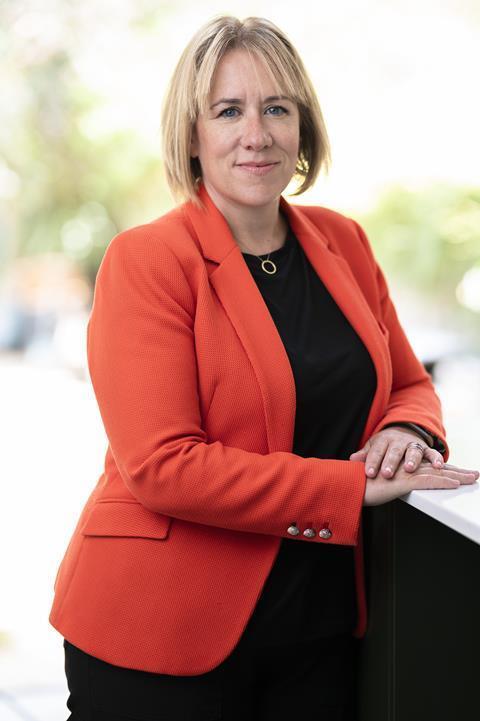
Not according to international buyers from Sky, WBD, Starz and UKTV & BBC Studios.
“From a buying perspective, we don’t think, ‘There’s a huge explosion in the volume of content, let’s go after it,’” says Katie Keenan, group director of acquisitions at Sky. “We haven’t doubled our volume because we know we would not be able to market 50% more shows.”
For Starz vice-president of acquisitions and co-productions Karin Marelle, changes to parent Lionsgate’s business have narrowed her buying options. Following an exit from seven European countries in 2022, Starz’ Lionsgate+ streamer has moved away from Latin America and Australia, with its UK departure confirmed as 29 February.
“Whereas six months to a year ago, I was buying content across multiple territories and countries, my remit now is focused on the US – the mothership, if you like. So I’m acquiring for the US and Canada, which are Starz’ core territories,” she says. “That’s obviously making us think differently about where we source content from, and what those opportunities are.”
Brand alignment
From Marelle’s perspective, English-language scripted is the priority, but this presents its own set of complications.
“Finding brand alignment with Starz and our originals is a challenge,” she says. “Everything starts from the originals and what we’re known for, which is quite specific – making content for, by and about under-represented voices and women.”
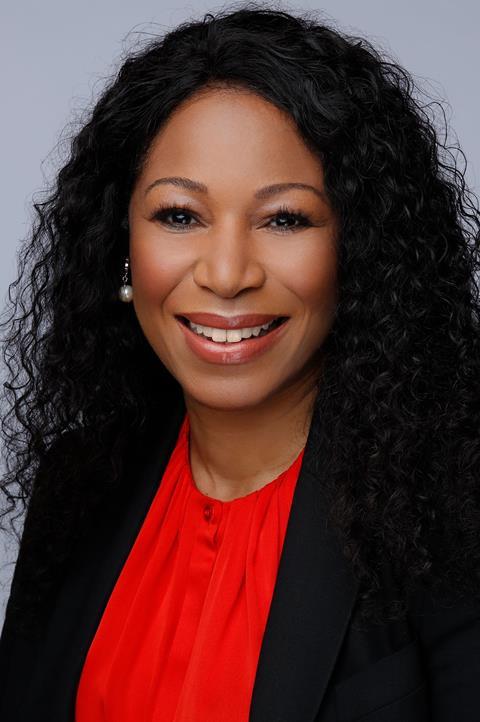
One of the premium pay-TV and streaming outfit’s pick-ups is Sky Atlantic royal period drama Mary & George (pictured top), which felt “seamlessly like a Starz show” and complements the “ultra-premium, edgy, provocative look and feel” of its own original, The Serpent Queen. But, Marelle adds, it’s not as easy as buying similar lavish period titles. “A show needs certain elements around the tone, as well as the edginess – it could be too soft for us.”
Buying shows that “feel like we could have made them ourselves” also has the halo effect of not necessarily requiring a huge push on marketing, Marelle says – which is useful, as Keenan points out, because “there’s only a finite amount” of marketing resource available.
Additionally, Keenan says, “there’s a finite ability to connect with the audience when there are so many other [distractions] in the world.
“Even with superfans of a particular genre, you have to ask whether they’d really get lost in a specific doc or drama,” she says.
“I think we can be honest and say there aren’t that many unique shows out there. There are similar types of shows, but we need to be picking up the absolute best of their kind.”
Given appropriate series remain few and far between, buyers are being proactive in leaping on opportunities through creative partnerships, as Starz did with another period show – Hulu’s The Great – in conjunction with Channel 4 (which took a second window) and Sky’s Gangs Of London.
“I used to think of the markets as like wine tastings. Now you have to invest in the vineyard”
Karin Marelle
“We would never have got Gangs Of London for international if we had waited for it to become available on the market,” Marelle says. “We have to start thinking more creatively for premium shows, not waiting for distributors to pitch to us. Going to the source has become really important.
“I used to think about the markets as being like wine tastings - the distributors were the wine sellers who would come along and you could taste and find the finest wine. Now, you have to invest in the vineyard to get the kind of content you want.”
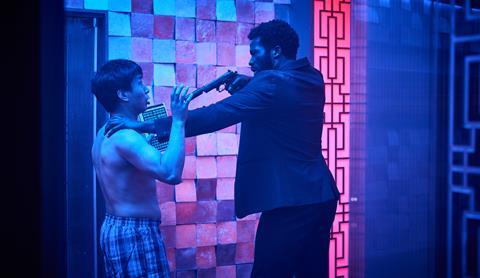
Like Starz, WBD is going through a transitional period as it gears up for the rollout of flagship streamer Max (currently HBO Max) into 22 European countries this year. For senior vice-president of programming and acquisitions, EMEA, Ragnhild Thorbech, 2024 is a test-and-learn year.
Max will “have the luxury of quite substantial pipelines coming from the US”, alongside a “very active local commissioning and production cadence” within Europe, she says, so the strategy for acquisitions will be “targeted and specific”, and will “relate to the needs we have in each individual market”.
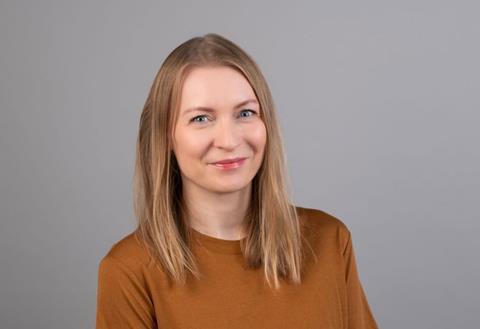
“We will have a new data set to look into, because we’re expecting the audience to change a little bit, given that the composition of Max is going to be different to HBO Max or Discovery+ in those markets,” Thorbech explains.
“The needs are going to be very different in individual territories. First of all, our footprint isn’t across all of EMEA. In central and eastern Europe, we have premium multiplex channels; in the Nordic region, we have powerful free-to-air channels that have a production pipeline. In Spain, we’re fully digital-first and the streaming service is the priority – though we have local originals, it’s not to the same extent, so maybe acquisitions are more of a focus there.
“In France, we’re launching a fresh service, so we won’t have a catalogue that’s been built up over time from which we can benefit.”
BBC Studios and UKTV global head of acquisitions Melanie Rumani is targeting growth for domestic AVoD service UKTV Play and the suite of 35 global pay-TV channels and services she and her team buy for under the BBCS banner.
“We’re always in a launch phase somewhere,” she jokes. “There’s always a channel or service either launching or changing into a different brand.
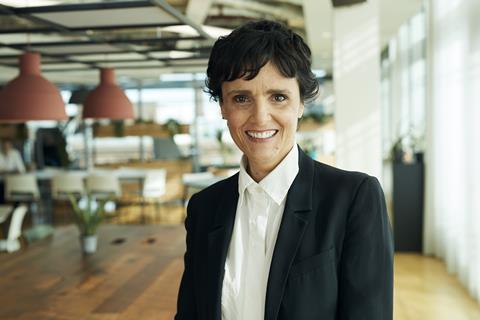
“We went through the UKTV Play launch phase last year and since then we’ve put a lot more focus and investment into it – we’ve bought thousands of additional hours. We have to keep fresh content coming in because that’s what viewers are expecting, particularly for an AVoD service.”
Rumani’s buying strategy falls broadly into two pillars: the UK and international.
“We’ve spent years talking about how we build a rights policy, what exact rights and windows we should get. It’s become very apparent, over the past year to 18 months, that we need to treat every single title uniquely,” she says.
“We’re very creative, depending on what we think the title will do for us, whether we want to bring in new audiences or satisfy existing ones, or whether we want a brand that people understand, know, have seen and will keep watching over and over again.
“We’re very open to having the conversation, and we’re very happy to share windows and exclusivity.”
Audience appeal
UKTV Play has been acquiring across genres to see what the audience gravitates towards. Being AVoD and free-to-air is an advantage because BBCS has been able to make opportunistic acquisitions of high-profile library titles from the US, studios such as AMC’s Mad Men and CBS multiple series returner Madam Secretary – titles that “haven’t been too over-exploited in the market already”.
“Madam Secretary hadn’t been seen free in its entirety, so that’s why it worked for us, with a free audience seeing it for the first time,” she says.
Elsewhere, a key area is “what we broadly refer to as ‘soft crime’,” says Rumani. This is content for typically older-skewing audiences on AVoD and “in every one of our markets where we have a drama channel”.
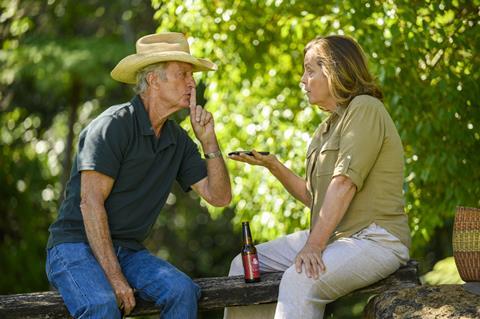
Last year, BBCS and AMC Networks announced a landmark deal for the UK and Benelux rights to six series from the US giant, including Acorn titles Mrs Sidhu Investigates, Whitstable Pearl, Darby And Joan, Signora Volpe and The South Westerlies, plus AMC title Dark Winds.
In the international markets, exclusivity is key for BBCS, Rumani notes: “Some 90% of what we pick up is first-run in that particular territory,” she adds.
“The whole business is re-evaluating how we look at windows and work together”
Ragnhild Thorbech
Thorbech concurs that the business is becoming “much more dynamic” as companies assess the value of content.
“The whole business is re-evaluating how we look at windows and how we work together,” she says. “It’s very interesting after being stable for a long time and having had long windows. Now, you can tailor for what you’re trying to do with a show.”
As original content investment scrutiny has increased, ensuring ROI has also become something of a formula. Reliance on data to inform companies has intensified and buyers are also seeking more insight.
“Compared with five or 10 years ago, there’s a hell of a lot more data available to us, which definitely informs our decision-making,” says Keenan. “We can certainly understand a bit more, by using Sky’s first-party data, the types of viewers we have and who may have a higher propensity to churn from a service or be sticky.”
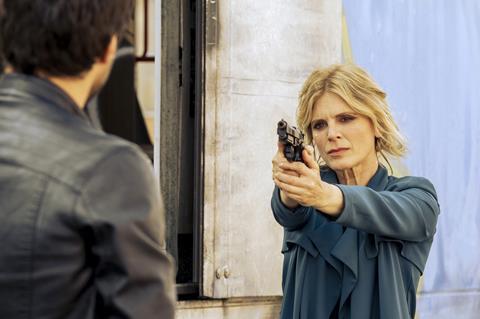
But buyers, like commissioners, are tastemakers, and instinct remains vital. “It’s a balance, isn’t it?” Rumani says. “You can use the data to help inform decisions around windowing, exclusivity and pricing, to a certain extent, but we’re the filter for all content coming through our team.
“We have to make a considered judgement about whether it’s worth going on the channel. That’s an important part of the job and something I’m constantly instilling in the team: we have to have an editorial view, be engaged and love the content.”
Marelle adds: “Shows need to appeal to our audiences and the fanbase of our flagship originals like Power and Outlander. Yes data is directional, but we’re still looking at things in a more traditional way of how we react to it emotionally. AI hasn’t replaced us yet.”


























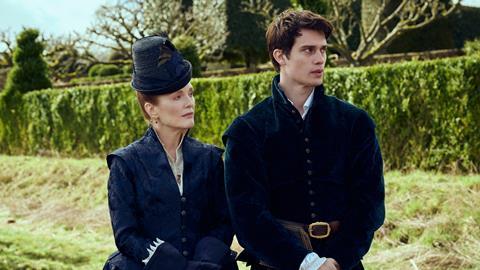






No comments yet